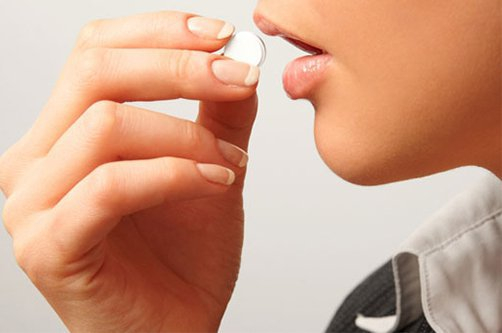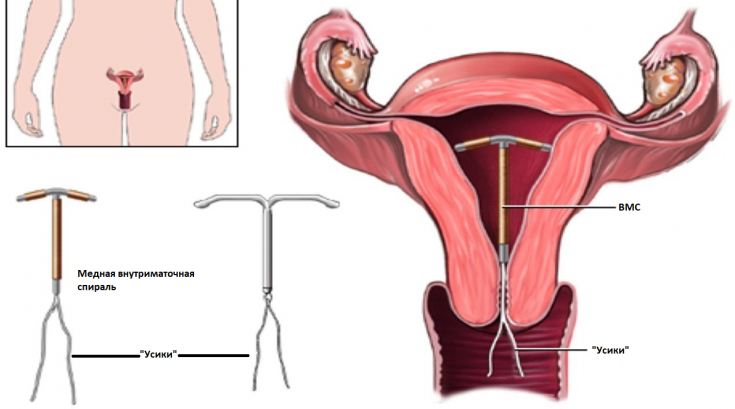According to the EBM Guidelines "Postcoital contraception", the most effective method of postcoital contraception is the insertion of a copper-containing IUD within 5-6 days of unprotected intercourse.
The best effect from the use of oral hormonal postcoital contraceptives is observed within 12 hours after unprotected intercourse.
In this article on estet-portal.com, we will consider the features of the use of postcoital contraceptives, which are described in modern international protocols.
Levonorgestrel as an effective and safe emergency contraceptive

Media tablets intended for emergency postcoital contraception, the drug of choice is levonorgestrel.
Levonorgestrel is safer and more effective than the Yuzpe regimen (combination of ethinyl estradiol and levonorgestrel).
Levonorgestrel 1.5 mg orally is given as soon as possible, but no later than 72 hours after unprotected intercourse.
After more than 72 hours have passed since unprotected intercourse, the use of levonorgestrel is useless. In such cases, consideration should be given to other methods of emergency contraception (eg, placement of an intrauterine device).
Pregnancy against the background of timely use of levonorgestrel is observed in 1-2.5% of women. Possible side effects of this drug include mild nausea.
Emergency contraception: do not overuse
Using ulipristal acetate as emergency contraception
Modern international protocols also recommend the use of ulipristal acetate as emergency contraception.
Uripristal acetate is a synthetic selective progesterone receptor modulator.
This drug can be used at a dose of 30mg for up to 120 hours (5 days) after unprotected intercourse.
When uripristal acetate is used within the first 72 hours after unprotected sex, the contraceptive effect is similar to that of levonorgestrel.
In a study where emergency contraception was given to women between 72-120 hours after unprotected intercourse, the pregnancy rate was 2.1%.
Possible side effects include abdominal pain and nausea, less commonly – dry mouth, irritability, headache may be present.
Follow us on Facebook
Peculiarities of emergency contraception during breastfeeding
According to the EBM Guidelines "Postcoital contraception", breastfeeding is not a contraindication to the use of levonorgestrel as emergency contraception. However, international protocols recommend skipping one feeding session after taking Levonorgestrel.

After using ulipristal acetate as emergency contraception, international protocols recommend stopping breastfeeding for one week.
For more information on safe methods of contraception during breastfeeding, you can read the article
Contraceptives and lactation: effective and safe methods
Non-hormonal intrauterine device as a means of emergency contraception
Copper-containing non-hormonal intrauterine device should be inserted within 5-6 days after unprotected intercourse, then used as a regular method of contraception, if necessary.
If the patient has reason to suspect cervicitis, the intrauterine system should be installed by the doctor at his discretion, depending on the severity of the inflammatory process.
Material to detect infection (gonococcal and chlamydial) must be taken before the system is established, and a course of antimicrobials should be prescribed without waiting for the results.
Thank you for staying with estet-portal.com. Read other interesting articles in the "Gynecology" section. You might also be interested in Fantastic: The Contraception of Our Future







Add a comment